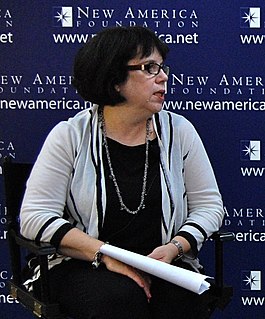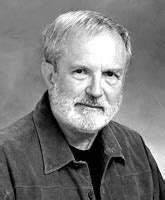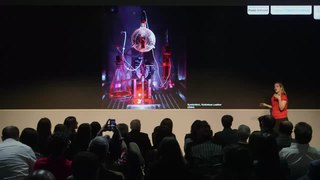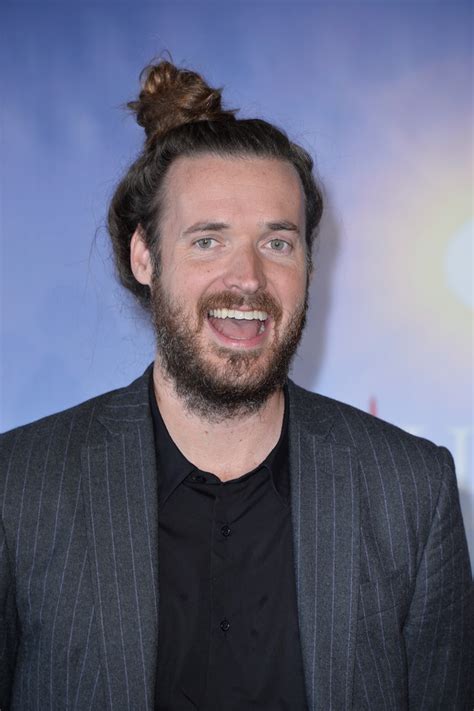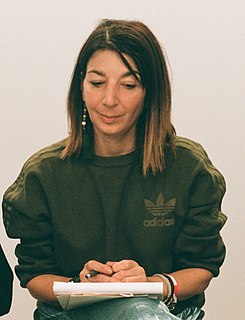A Quote by Naomi Oreskes
Yet again, unscientific claims were being circulated broadly, but the scientists' refutation of them was published where only fellow scientists would see it.
Related Quotes
Beyond the Einsteins and Darwins, most scientists don't have chroniclers. Einstein and Darwin were geniuses - that helps. Many scientists do amazing stuff, but it just disappears into footnotes and dusty medical journals. If I were masochistic enough, I could spend the rest of my life rescuing scientists. Most of them aren't natural self-promoters.
The scientists I looked up to at the beginning were not Latino. They were famous scientists of many years ago, like Madame Curie. Later, I realized that there were also, but a very few, Latino scientists. There were good ones, but very few, because there wasn't as much a tradition to be a scientist in our culture. But this is changing.
How did scientists get money in the past? They were either lucky and independently wealthy, like Darwin, or they had patrons, like Galileo. Universities or governments have become patrons only in the last few generations. Many of the great scientists of the past were in debt to their patrons in the same sense that modern scientists are influenced by what their granting agencies want.
My two older brothers are both molecular biologists and neuroscientists, and I feel like representing them accurately is never done in movies, and I really wanted to at least capture the spirit of a Ph.D. student whose goal and aspiration is to increase the sum total of human knowledge. That is noble. That was really, really important, to capture the three-dimensionality of scientists. Scientists fall in love, scientists have the greatest sense of humor, scientists are passionate.
The government employs scientists of many varieties in technical capacities, from estimating the environmental toxicity of a chemical to the structural soundness of a bridge. But when it comes to forming policies, these scientists and, especially, behavioral scientists are rarely at the table with the lawyers and the economists.
Scientists are people of very dissimilar temperaments doing different things in very different ways. Among scientists are collectors, classifiers and compulsive tidiers-up; many are detectives by temperament and many are explorers; some are artists and others artisans. There are poet-scientists and philosopher-scientists and even a few mystics.
People often think of artists and scientists as being diametrically opposed, but we both believe something is possible. We have a hypothesis and then we do everything to make it possible, but we don't know if it's possible! All the scientists I've worked with have a natural, easy fit with me. The solutions they find are truly creative. All scientists, in some way, are artists.
I'm a skeptic. ...Global Warming it's become a new religion. You're not supposed to be against Global Warming. You have basically no choice. And I tell you how many scientists support that. But the number of scientists is not important. The only thing that's important is if the scientists are correct; that's the important part.


